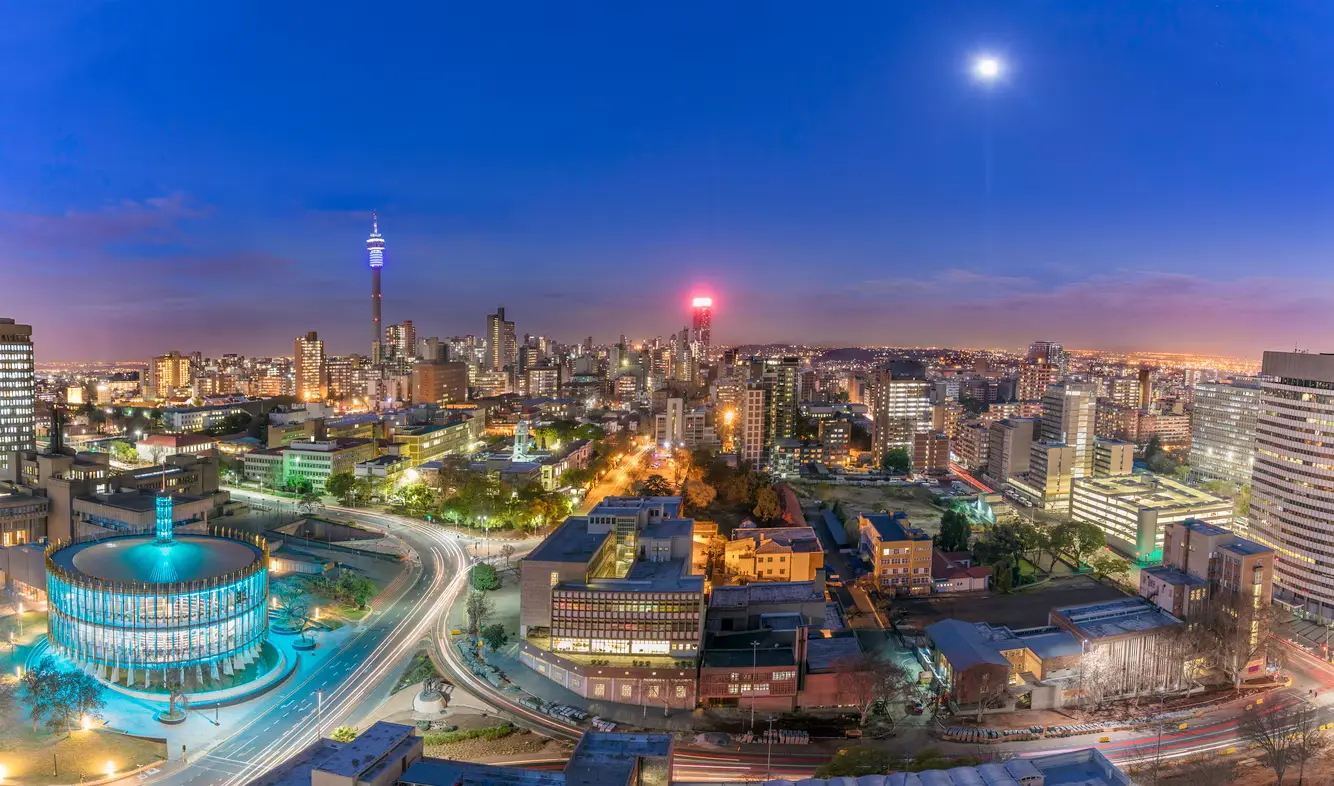
[ad_1]
South Africa wants to speculate $5.7 trillion by 2050 in transportation, vitality, water, sanitation, and housing infrastructure to assist the event of rural and casual areas.
Mameetse Masemola, Performing Head of Infrastructure South Africa (ISA), burdened this on the Sustainable Infrastructure Improvement Symposium.
Since 2020, ISA has been fostering public-private partnerships to hurry up infrastructure initiatives.
The symposium introduced collectively stakeholders to debate and drive infrastructure development, aiming to boost financial improvement by way of strategic investments.
Masemola shared how ISA ensures initiatives entice world funding by assembly viability and regulatory requirements.
Since its inception, the worth of ISA-led initiatives has doubled, touching vital sectors for financial development and world competitiveness.

In vitality, the personal sector leads with initiatives just like the Renewable Unbiased Energy Producer Program.
At the moment, 25 initiatives are underway, anticipated to create 14,000 jobs. The transport sector boasts 15 initiatives, with six value $1.34 billion in improvement.
In housing, ISA has helped construct over 9,000 items since 2020, creating 38,000 jobs.
Because of treasury funding, ISA plans to spend money on 31 new initiatives over the subsequent three years.
South Africa’s infrastructure deficiencies affect its economic system and society. Points vary from congested roads and outdated railways to inefficient ports, slowing commerce and mobility.
The nation’s vitality sector faces challenges from coal dependency and gradual renewable vitality integration.
Lack of entry to scrub water, sanitation, and inexpensive housing worsens public well being, deepens inequalities, and stalls financial progress.
Addressing these challenges requires a multi-faceted method. Public-private partnerships, progressive financing, and sustainable improvement will likely be key to modernizing infrastructure and fostering equitable development.
This effort is important for South Africa’s development, demanding unified motion to safe a thriving future for its residents.
[ad_2]